“WE ARE EXCITED TO SHOWCASE THIS HOLISTIC APPROACH AND INVITE PARTNERS TO JOIN US AS WE WORK TO REVOLUTIONIZE THE WAY PEOPLE AND GOODS MOVE THROUGHOUT THE WORLD.”

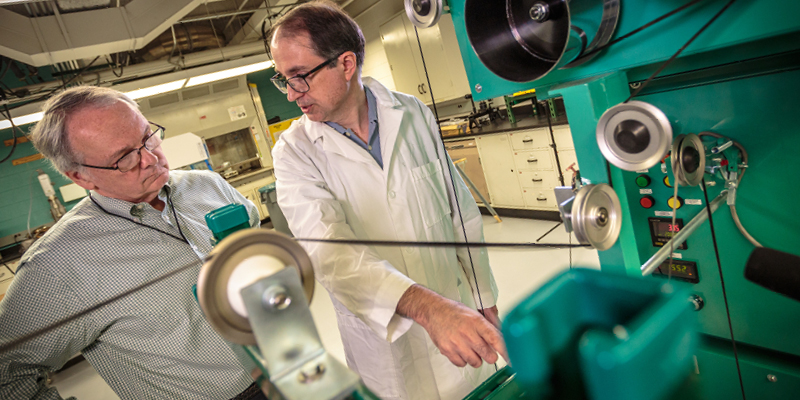

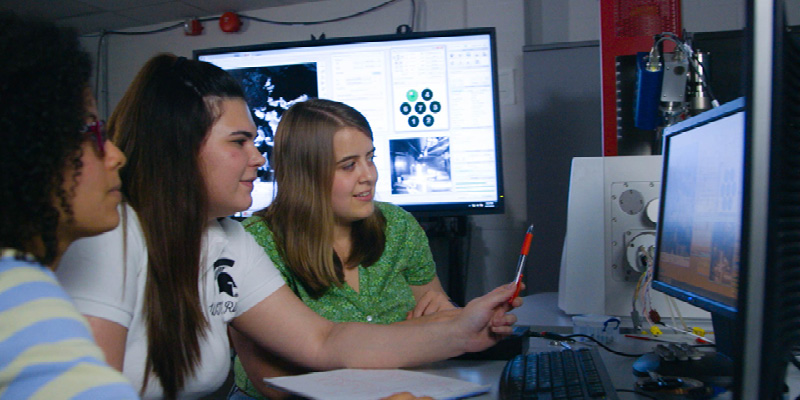

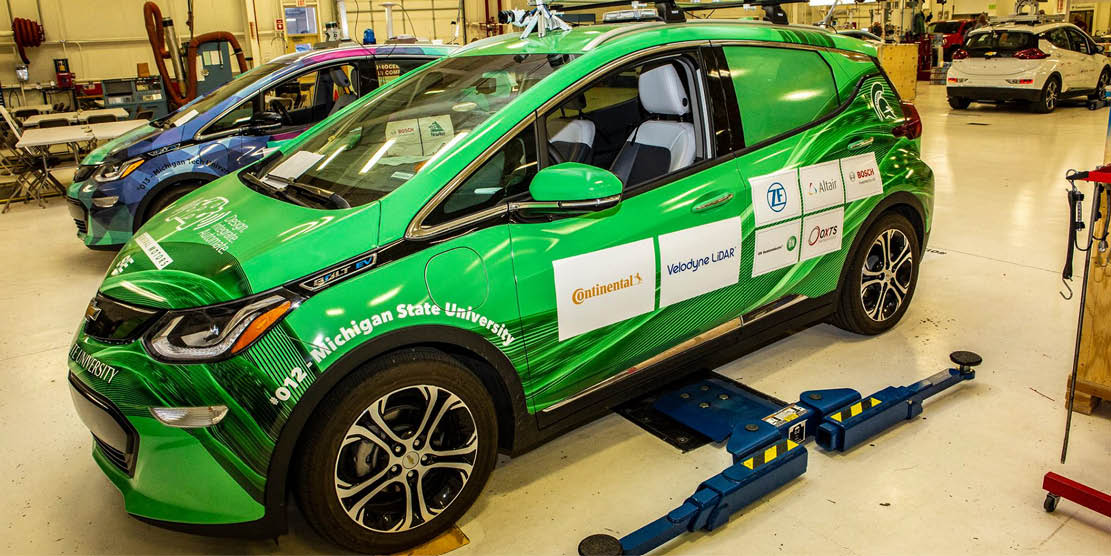

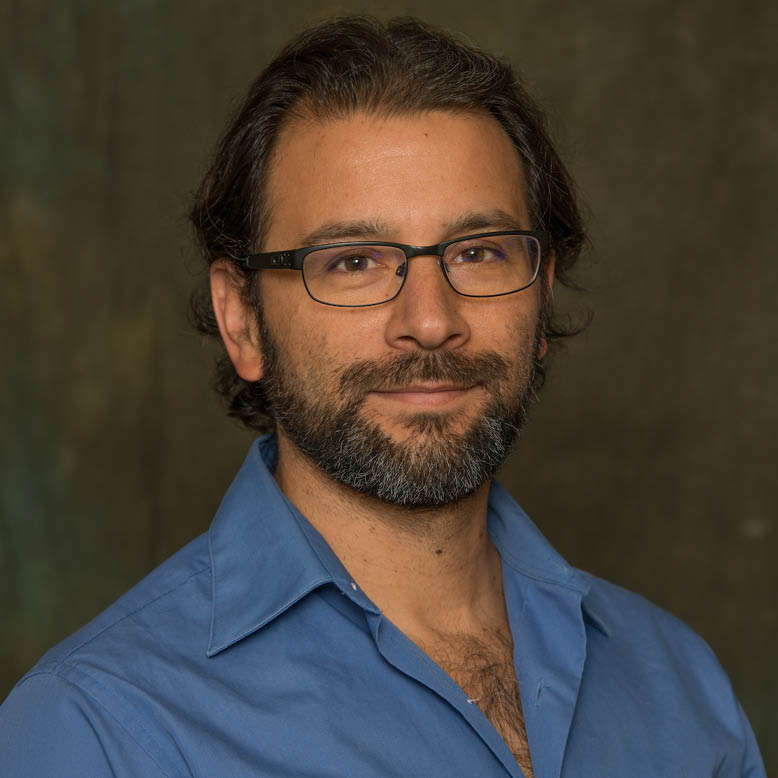
Mejia-Alvarez, assistant professor of mechanical engineering, and his team created an experimental mechanical ventilator using parts costing about $200.

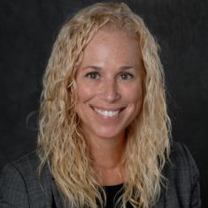
Office: (517) 355-8339
Cell: (810) 874-6332
jjenning@msu.edu


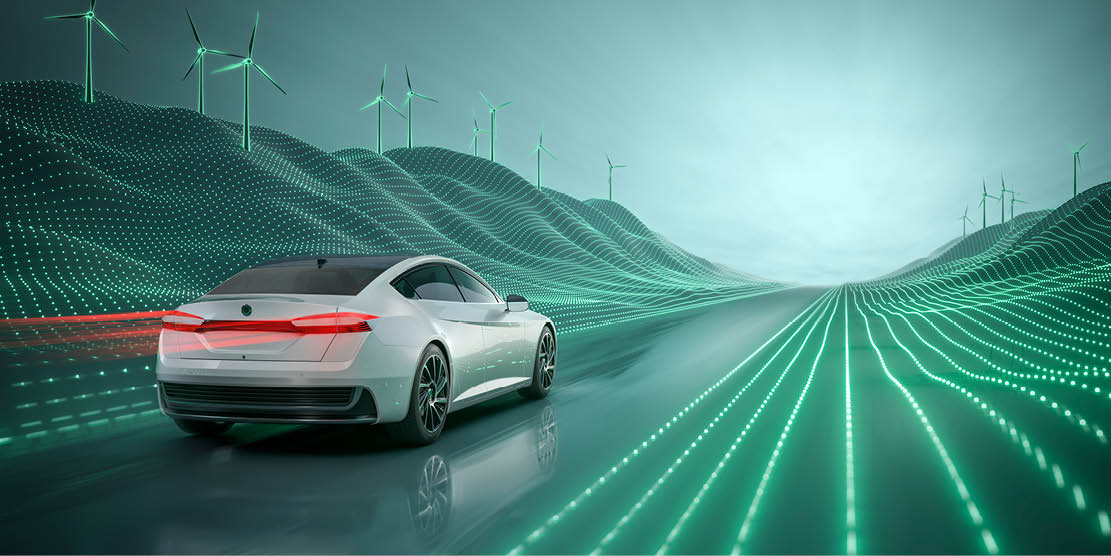

Connected and autonomous vehicles (CAVs) are being deployed on public roads. CAV technology is an example of a broader phenomenon: “Intelligent, interactive, and highly networked machines — with which people increasingly share their autonomy and agency — are a growing part of the landscape, particularly in regards to work” (NSF, DCL 17-065). It remains to be seen how quickly CAVs will be deployed (when, where, in what form), but now is the time to begin studying them.
History shows that revolutionary change in transportation systems can have far reaching social, economic, legal and ethical implications. The changes we are beginning to see are not just technical, they are social. To capture this we have coined the term Sociomobility.


Broad brought together more than 120 leading practitioners, faculty, students and alumni to discuss industry challenges and opportunities. It served as a perfect platform for collaboration on hot topics such as; digitization of the supply chain, incorporation of sustainability goals, making trade-offs among local and global factors in shaping strategy and structure and tackling the lack of well-educated talent in the field.


No company has the exact same marketing strategy when it comes to managing its suite of products and brands, but a team of researchers led by Michigan State University faculty is the first to identify universal strategies for large companies to follow to maximize their sales and market share.

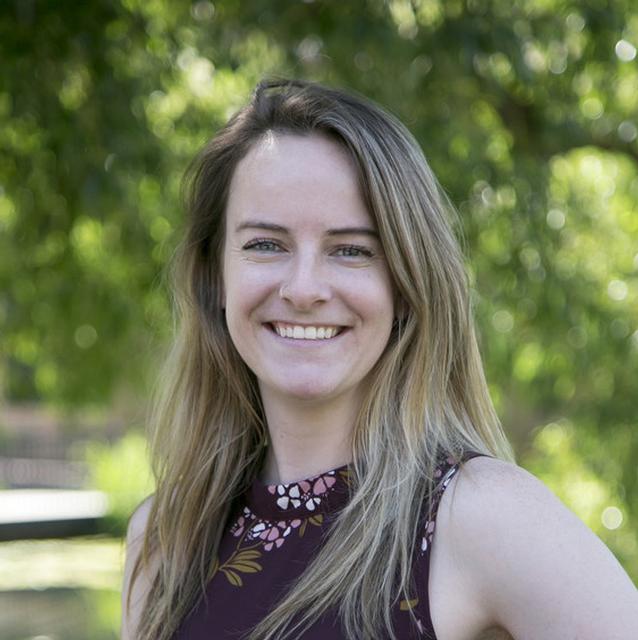
Office: (517) 432-8688
linnanna@msu.edu


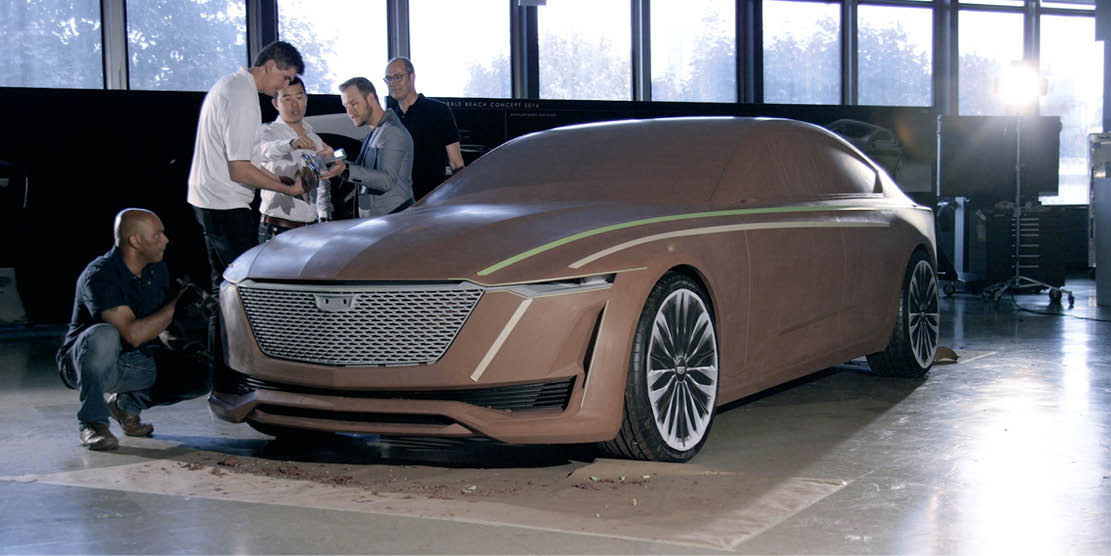

The Ceramics program added a new studio-based offering to assist students who may be candidates for jobs within the automotive industry and industrial design. A major component of the course is clay modeling. Students gain hand skills, develop techniques with tools and templates, and hone observational skills to discern precision designs (interior and exterior auto designs as an example). Once models are complete, mold design and construction are implemented, and a series of positives are then cast and glazed.

The Experience Architecture (XA) program explores design within mobility applications that connects audio, video, and navigation to car infotainment systems. The XA program excels at researching, designing, building, and testing mobile applications and connecting those digital experiences within the mobile space of an automobile to inform and entertain users.
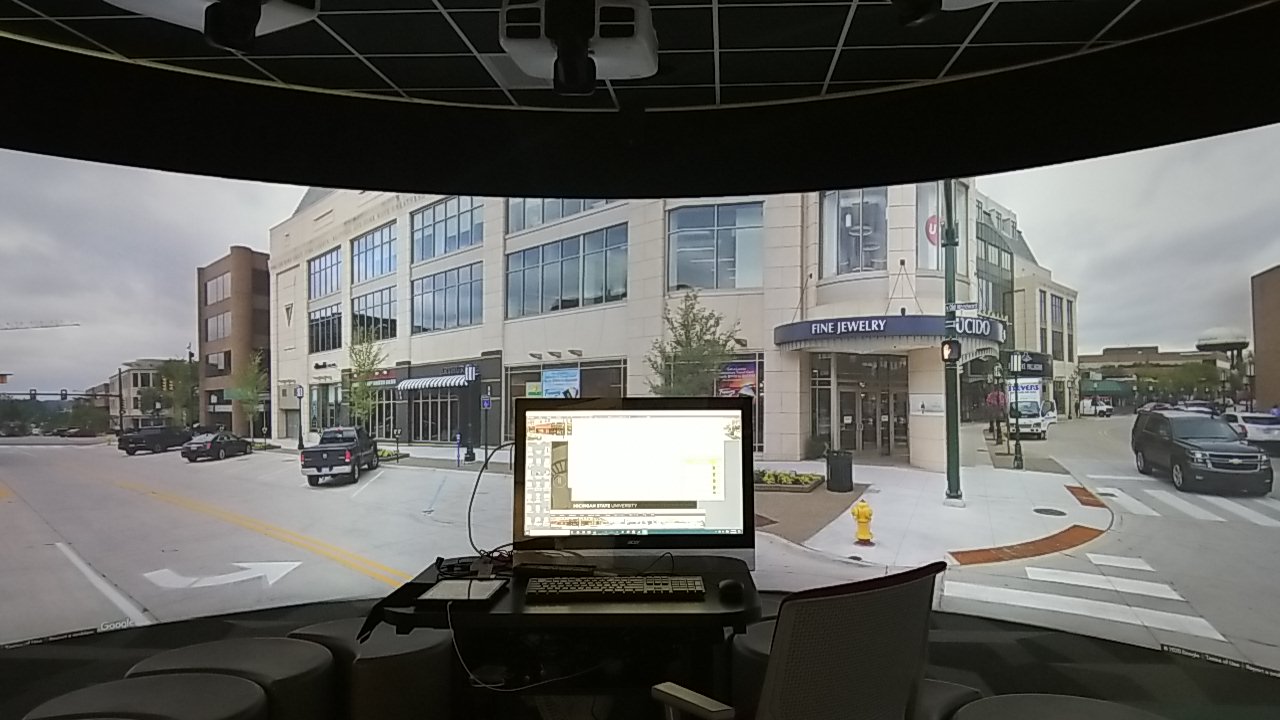
Moving towards electric cars, software applications and mobile user engagement will be at the forefront of the auto industry, especially as users begin to seek out contactless interactions. Experience architects will lead the way in the research, design, and testing of such systems.
Our courses ask students to think about how current and future users might begin to shrink away from user-to-user interaction and prefer to engage with a more user-to-interface experience as they order food online or attempt to navigate a digital space to secure government relief funds.

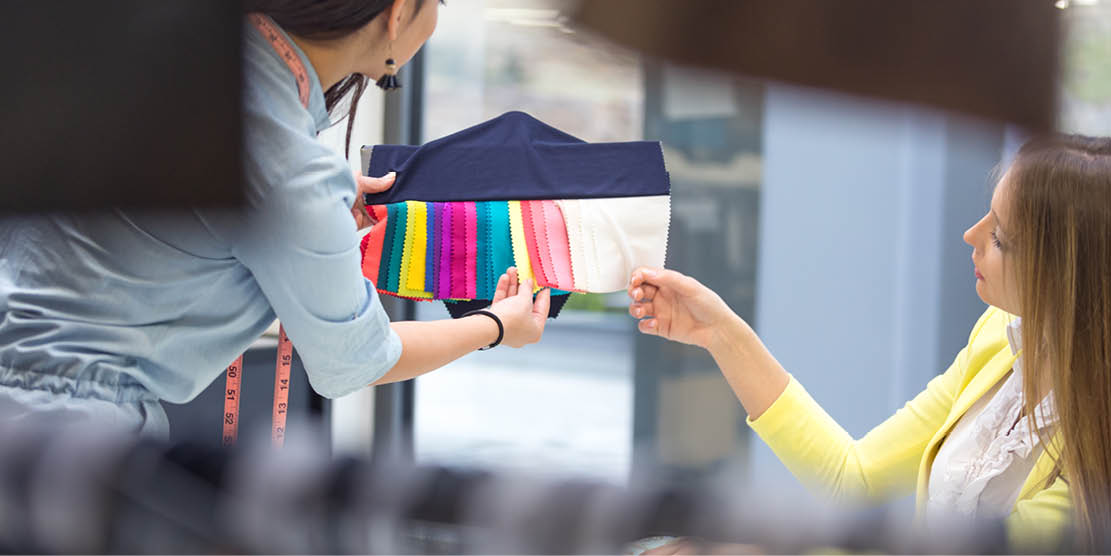
Apparel and Textile Design (ATD) offers students interested in a career in the Automotive Industry an opportunity to secure valuable skills in draping, pattern drafting, material exploration, CAD (computer aided design), 2D and 3D design and construction methods. The utilization of these methods provides students with a strong skillset — in particular for the automotive industry in seat design, dashboard design, fabric type, sustainability, etc.
ATD also explores textiles and materials from natural and sustainable sources to manufacture surfaces from basic fibers and monofilaments to structures, finishes, and uses. This exploration highlights new textiles and materials discovered and invented with scientific rigor and innovative explorations for outcomes such as seats, automobile interiors, etc.
In response to the pandemic, ATD has been exploring making masks for community and healthcare professionals in the summer of 2020 with students and alumni.

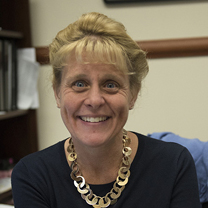
Office: (517) 432-6693
radtkech@msu.edu


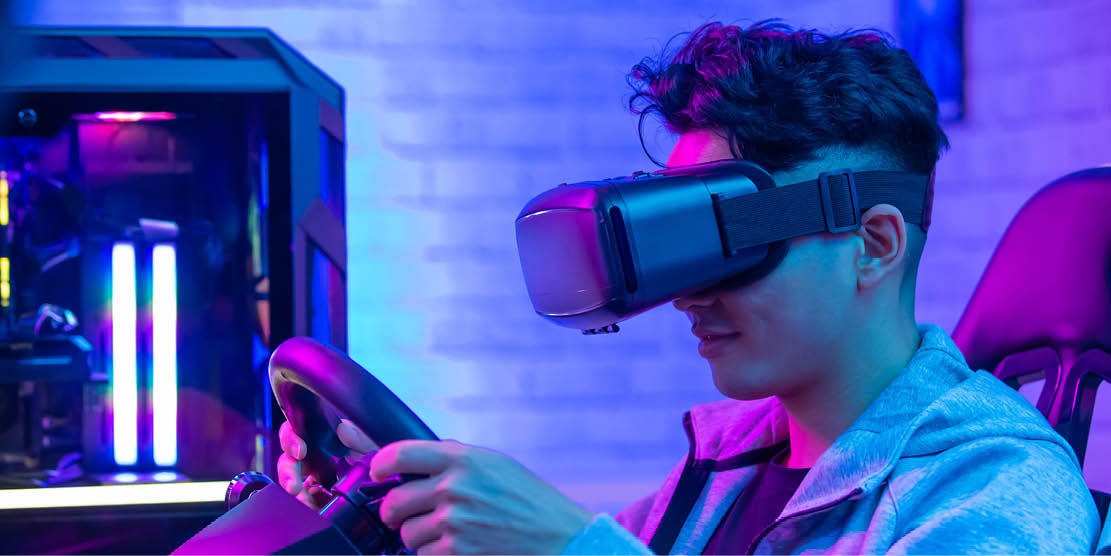

Using VR, ComArtSci researchers are testing different interfaces and behaviors for self-driving cars to determine if they help or harm trust in the car’s abilities to navigate the roads.

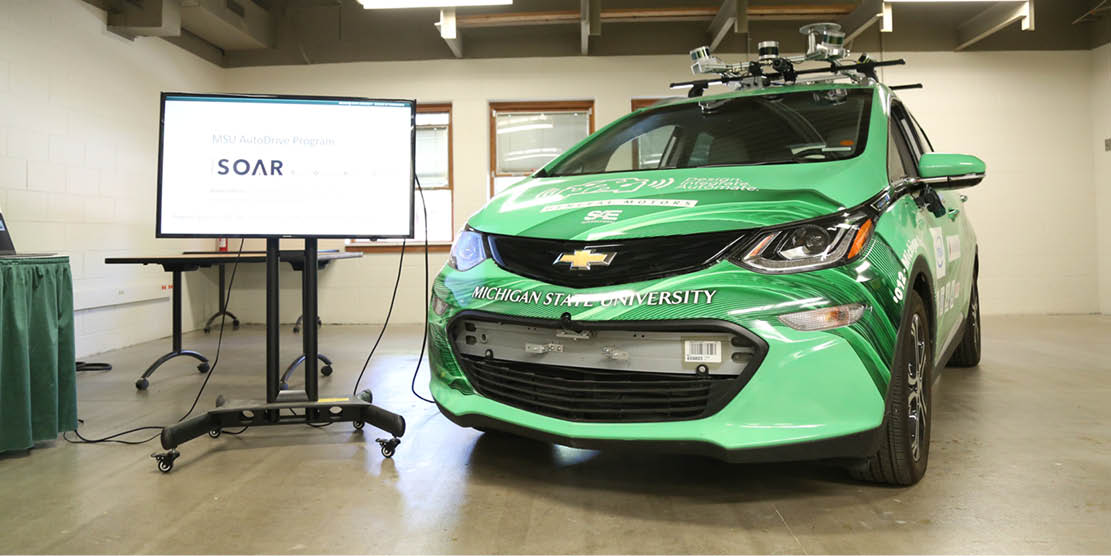
Awarded a $2.5 million National Science Foundation grant, MSU researchers will aid transitioning the US labor force into the era of autonomous vehicles.

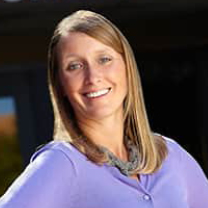
Office: (517) 432-5672
Cell: (517) 927-5330
jagutism@msu.edu


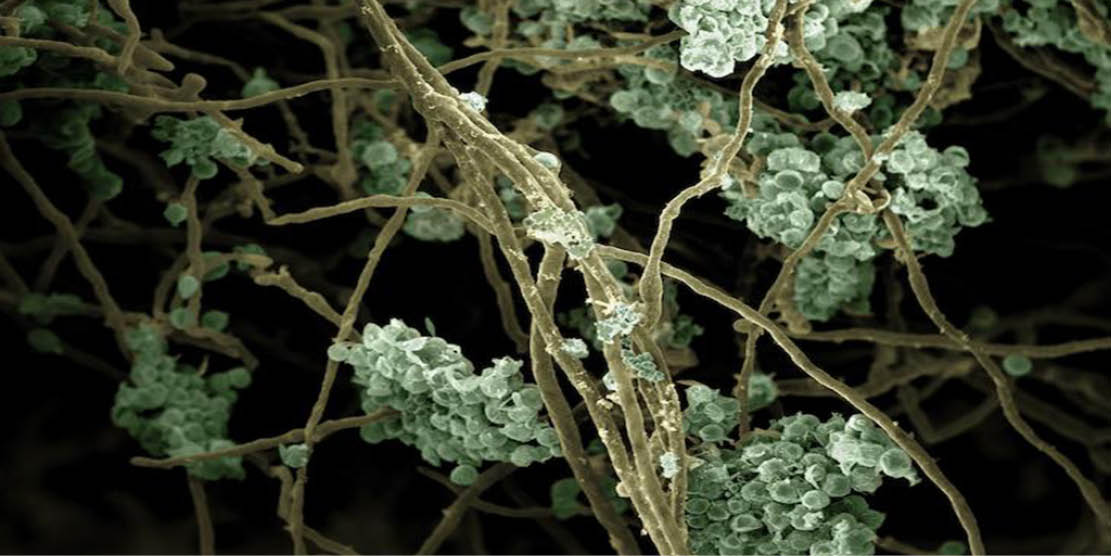

The Great Lakes Bioenergy Research Center (GLBRC) — administratively housed at UW-Madison, with MSU as a special partner — works to meet the nation’s need for a comprehensive suite of clean energy technologies, including next-generation and drop-in fuels that can be used in today’s engines. The GLBRC's research supports the development of a robust pipeline from biomass production through pretreatment and final conversion to fuel, with sustainability providing a unifying theme. In short, the group develops sustainable biofuels and bioproducts made from dedicated energy crops grown on marginal lands. Its mission is creating biofuels and bioproducts that are economically viable and environmentally sustainable. GLBRC is funded through the DOE BER Bioenergy Research Center program.
The development of biomass-based domestic production systems for high energy liquid transportation fuels is addressed by exploring oil biosynthesis in plants and microalgae. Already, plants are available that can provide up to 50% of their biomass in starch, a versatile feedstock for biofuel production. Additionally, more readily extractable energy derived from photosynthesis can be provided by redirecting metabolism into plant oils, which have twice the energy content per carbon atom compared with carbohydrates and can be extracted with low energy inputs and low costs. Plant triacylglycerols can be used directly as a fuel.


Quantum computing (QC) can solve problems in minutes, hours, or days as compared to years. This game-changing technology will have a significant impact in the auto industry, in areas such as optimizing the design of car components, addressing supply chain and fleet management and development of strategies for mobility services and predictive maintenance to autonomous vehicles. MSU’s Center for Quantum Computing, Science and Engineering (MSU-Q) provides a team of experts who are developing quantum-inspired algorithms and addressing QC theoretical challenges and are designing and implementing quantum technologies. MSU-Q, as one of the largest centers of QC in the country, has a pipeline of students with significant opportunities in industry.



Office: (517) 353-1637
Cell: (517) 420-6810
longleyc@msu.edu



The Center is designed to educate, engage, and connect students for career success. The Center educates students regarding career options and overall professional development, including Resume and Cover Letter design, enhancing interview skills, and introduction to career opportunities. We engage students early and throughout their academic experience through active employer and alumni interactions. We connect students to employment opportunities from experiential education to full-time post-graduation employment.
CONTACTS: G. Motschenbacher / B. Friedrich

CONTACT: Marla McGraw



MSU has a strong record of student success in the STEM fields. The College of Natural Science began a coordinated transformation of its primary STEM gateway courses in 2013 — General Chemistry, Introductory Physics,Introductory Biology and Calculus I — all use a novel problem-based learning approach.

